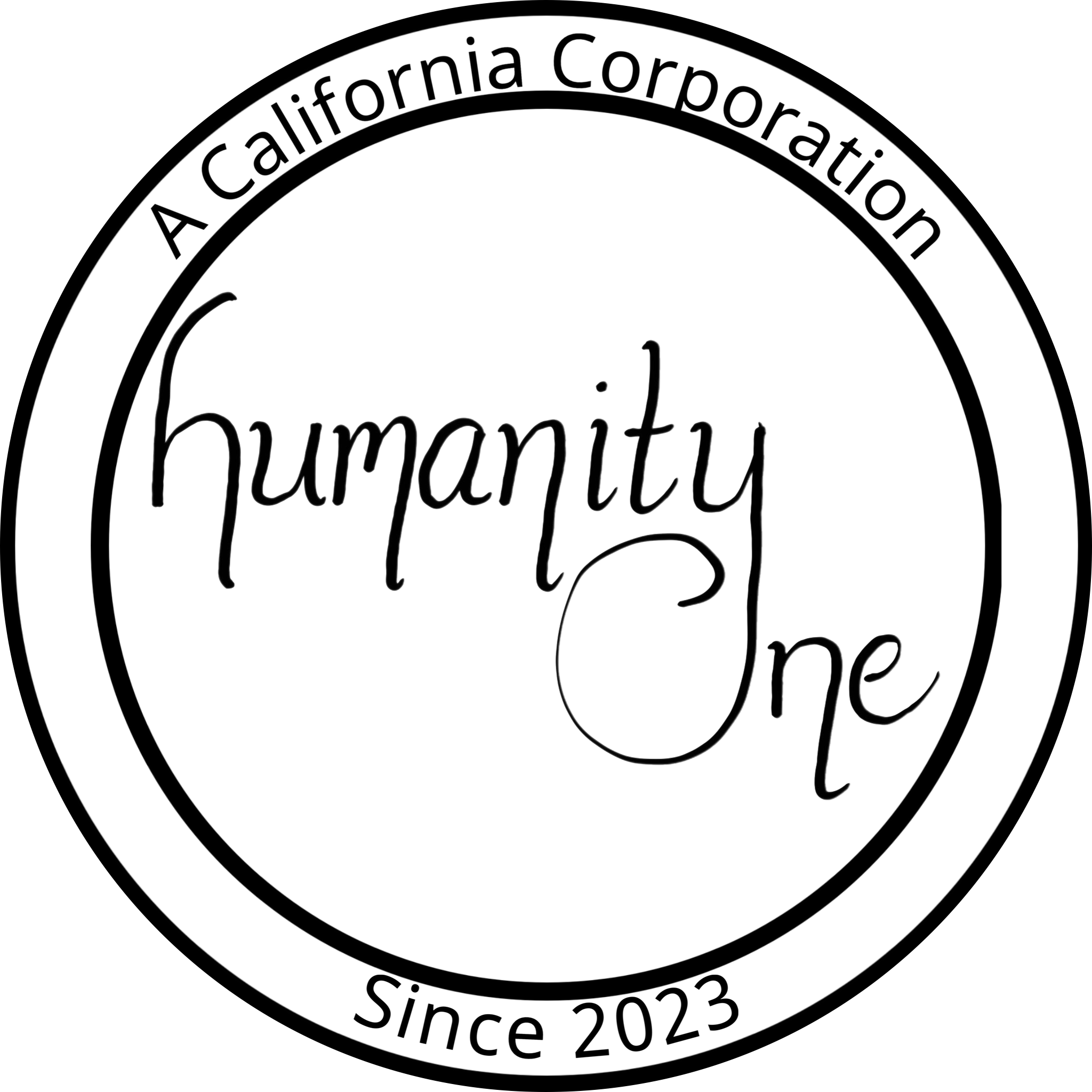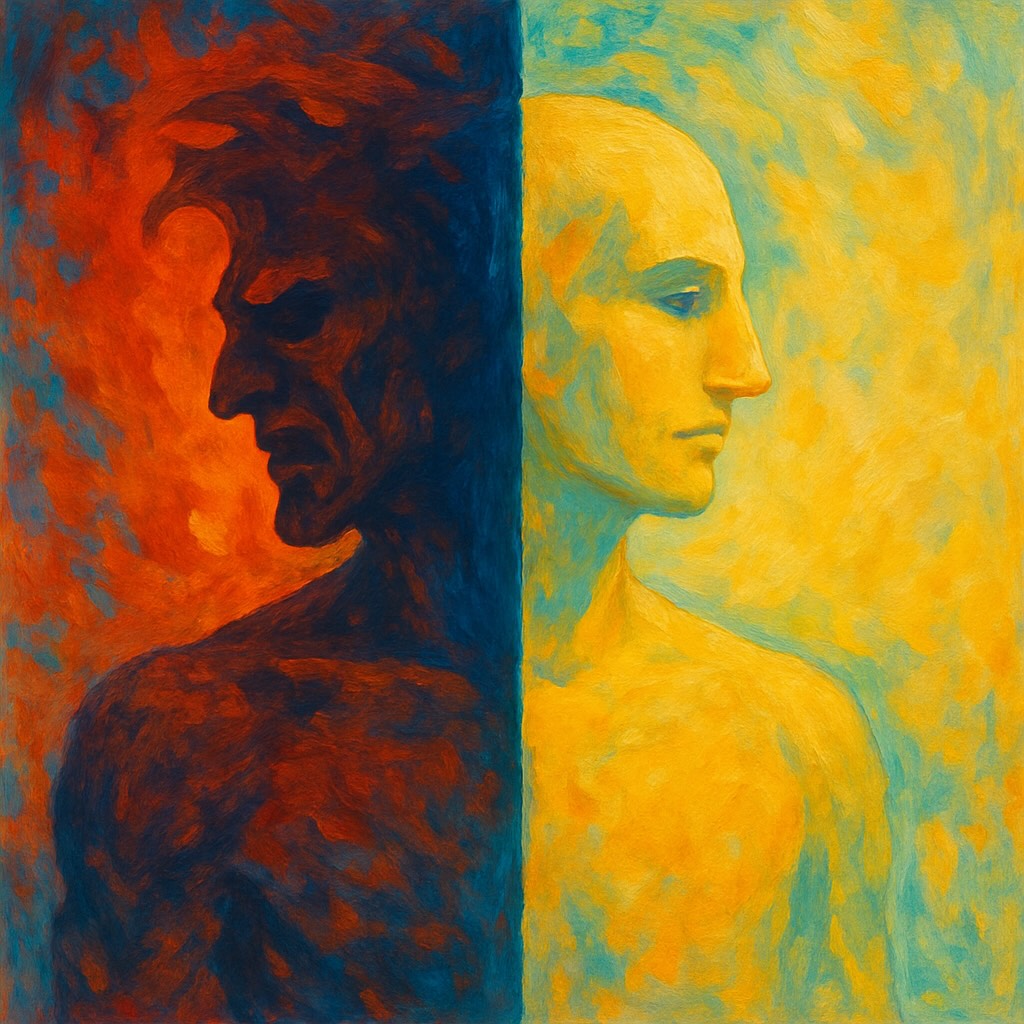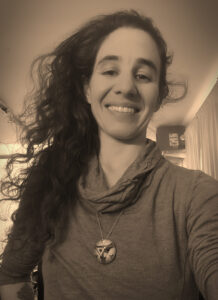We all like to think we’re such nice, good people… and usually, we probably are. But, if we’re being honest, we all know there are those times— those moments when for whatever reason something inside us goes dark. And, in those moments, we can become cruel.
I’ve been thinking about that a bit because, you know, this cruelty … it doesn’t just come out of nowhere. It grows. It feeds on something we’ve left unattended inside us.
In Hebrew, the word chamas—violence, corruption, moral decay—is the same word used in Bereshit (Genesis) to describe why the world was unraveling before the flood. “The earth was filled with chamas.” Not murder. Not war. Chamas: the everyday willingness to harm, diminish, humiliate, or ignore the suffering of another.
You don’t need a sword to commit chamas.
A look can do it.
A word can do it.
Indifference can do it.
We tend to want to think of cruelty as a monster “out there”—tyrants, abusers, governments, the wicked. But the Hebrew Scriptures point somewhere harder to admit: inside the human heart. Not because people are doomed, but because the human heart is powerful—too powerful to be haphazard with it.
The rabbis say the yetzer—the impulse—comes in two streams: one that builds, one that destroys. Both live in every person. The question isn’t whether darkness exists in us; it does. The question is whether and what conditions we create that allow it to grow.
Cruelty shows up when a person stops seeing another person as a person.
That’s the whole secret.
Every act of cruelty—from the petty to the catastrophic—begins right there: someone decides the other is less real, less worthy, less “human” than they are. Once you shrink somebody in your mind, harming them becomes easy. Natural. Logical. Even justified.
And that’s the truly terrifying thing. Cruelty makes sense when you let your mind twist in that direction.
Look around: people justify cruelty every day.
“He deserved it.”
“She asked for it.”
“They’re not like us.”
“They’re dangerous.”
All chamas. Same poison, different bottles.
The Hebrew prophets understood this long before psychologists did.
Cruelty isn’t random. It’s structural. And it doesn’t start with a situation or circumstance — it starts in the mind, the moment a person stops examining their own impulses.
Most cruelty isn’t confidence — it’s fear dressed up as authority. Someone feels exposed or powerless, so they grip harder:
“If I control everything, nothing can hurt me.”
“If they fear me, they can’t leave me.”
Control becomes a shield. And once that happens, they stop noticing who gets cut.
Hebrew tradition calls this the distortion of gevurah — strength turned into domination. Psychology calls it trauma-driven control. Same pattern, different vocabulary.
Cruelty also grows when self-reflection collapses.
When someone can’t step outside their own perspective, every impulse starts to feel righteous. We use our irritation or fear or aggression to justify the response.
The Torah warns of this and psychology reaffirms it: Each person sees through their own lens and therefore perceives that what they are doing is right.
But here’s the part we don’t say enough:
Cruelty is also contagious. One cruel person can infect ten others. One humiliating moment can ripple through a household, a community, even a generation.
But so can courage. So can restraint. So can compassion tethered to boundaries and self-respect.
Cruelty flourishes when we refuse to see ourselves clearly. When we don’t check our impulses. When we don’t pause long enough to ask, What story am I telling myself about this person? And just as importantly, What story am I telling myself about my own power?
Sometimes cruelty masquerades as strength. But real strength—the kind Hebrew Scripture actually honors—is the ability to master your own impulses. To redirect them. To refuse to become the kind of person who wounds casually.
The sages say:
“Who is mighty? The one who conquers their own inclination.”
Not the one who wins the fight.
Not the one who dominates the room.
The one who can feel the surge of anger, of fear, of humiliation rising— and not unleash it on someone weaker.
Cruelty is easy.
Mastery is hard.
And yet, this is the work.
If we want a world that isn’t soaked in chamas, we have to build it from the inside out. One decision at a time. One moment of restraint at a time. One choice to see another human being as a full human being—no matter how bruised, messy, or inconvenient.
That’s the path.
That’s where everything changes.
So, with this in mind— I want to make a vow, and maybe you will join me:
The next time I start to feel that darkness well up, that contempt, that harshness … I will try to notice it and before I speak or act I will remind myself of the humanity in each of us and I will allow that feeling and that awareness to take the lead.
Because cruelty is toxic and destructive and is never a helpful approach to any situation or circumstance… and the less cruelty in the world the better.
The only way to unmake a world soaked in chamas… is to deliberately choose something else. Let’s move forward with that in mind and let’s experiment to see how much change we can create in the world as we improve ourselves.
Amen.
PS - share your experiences in the comments section below


